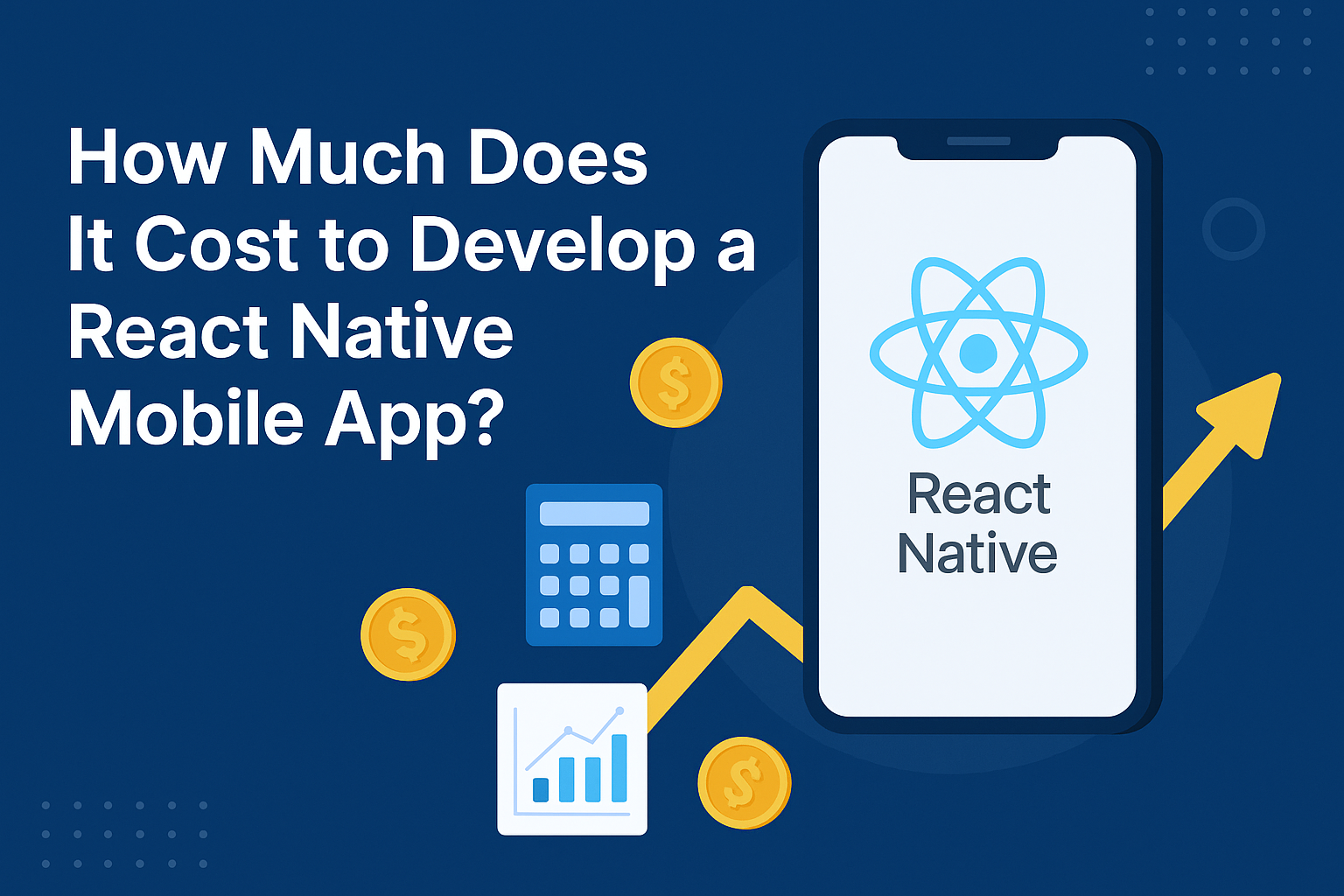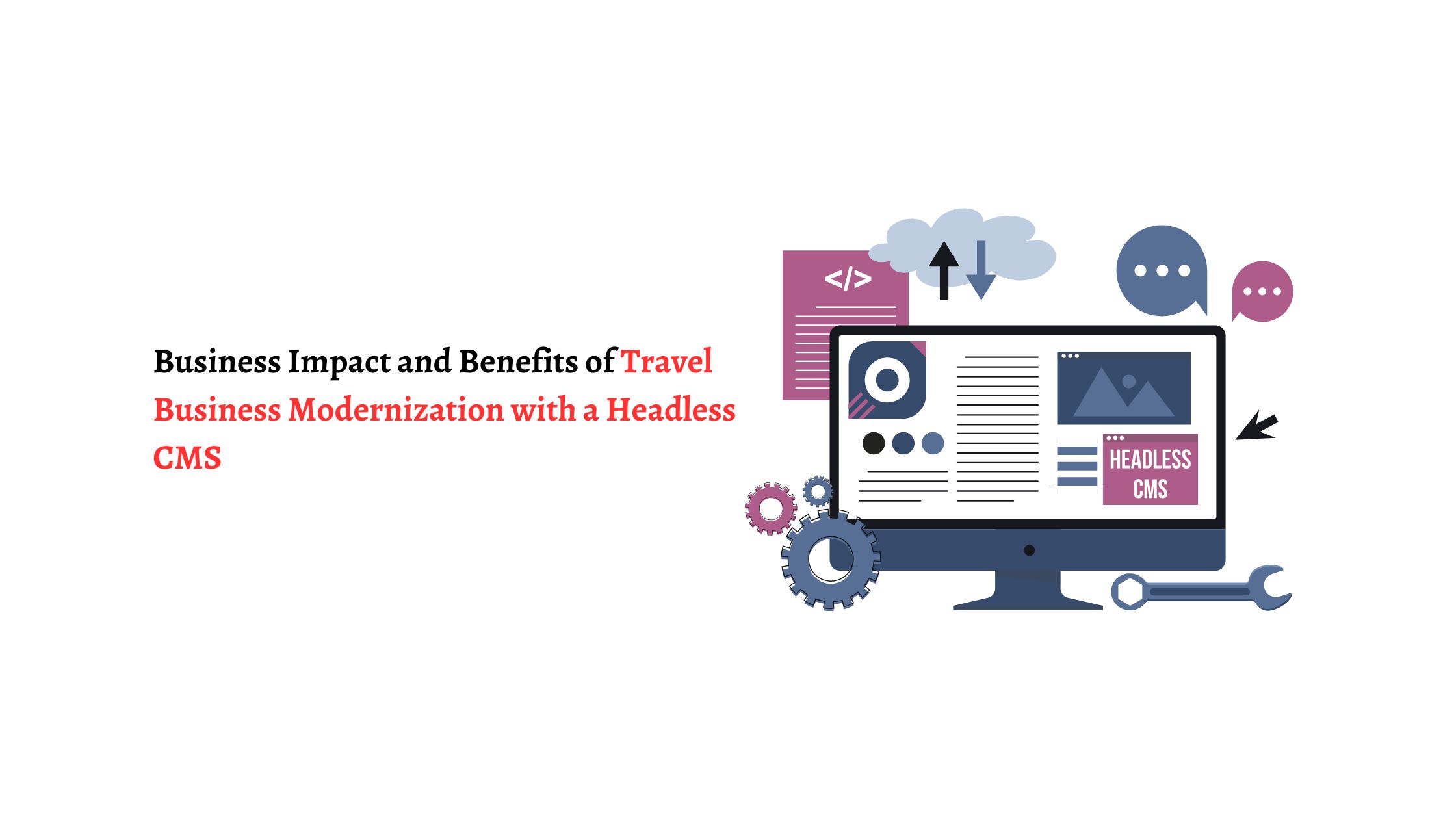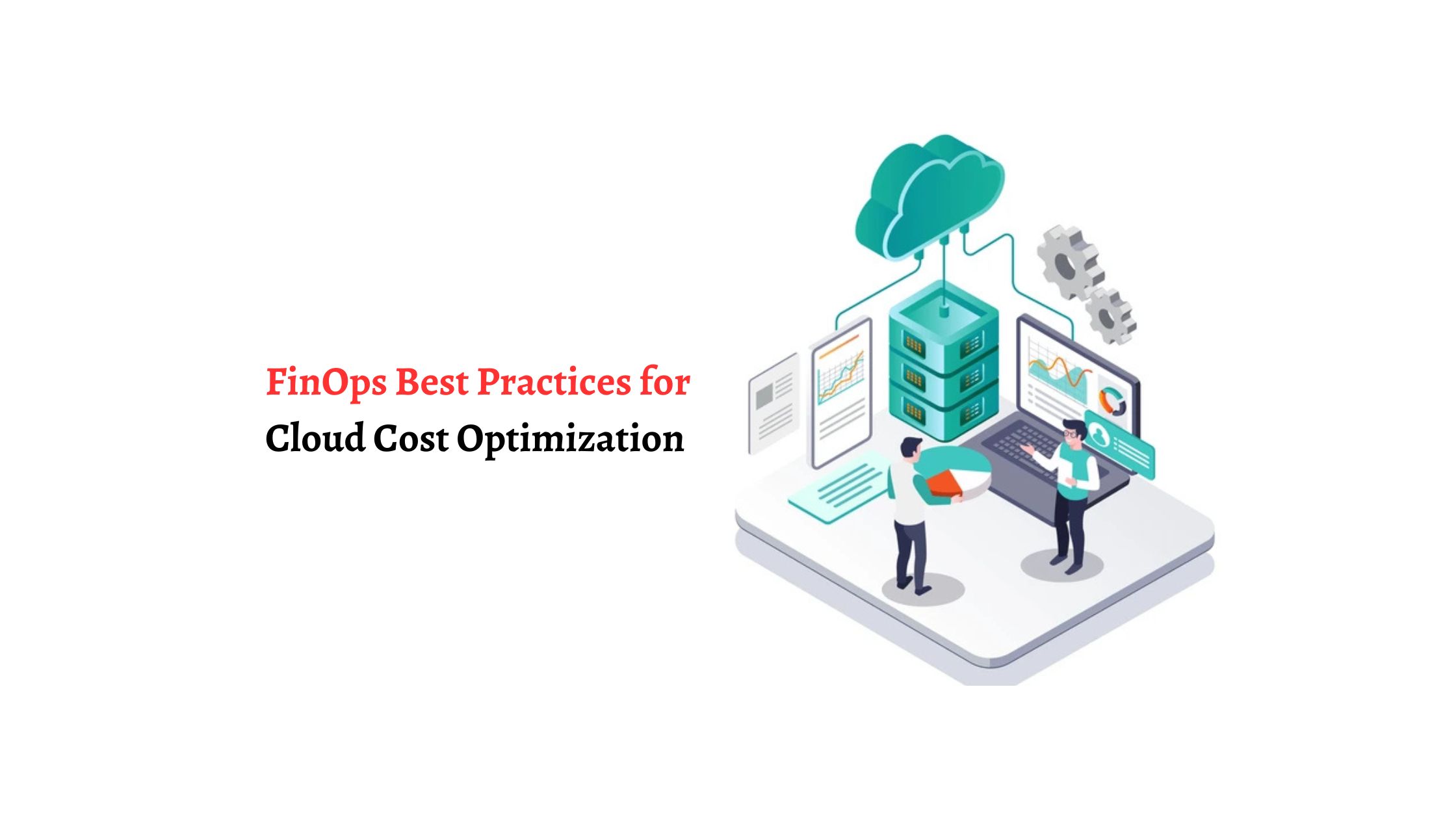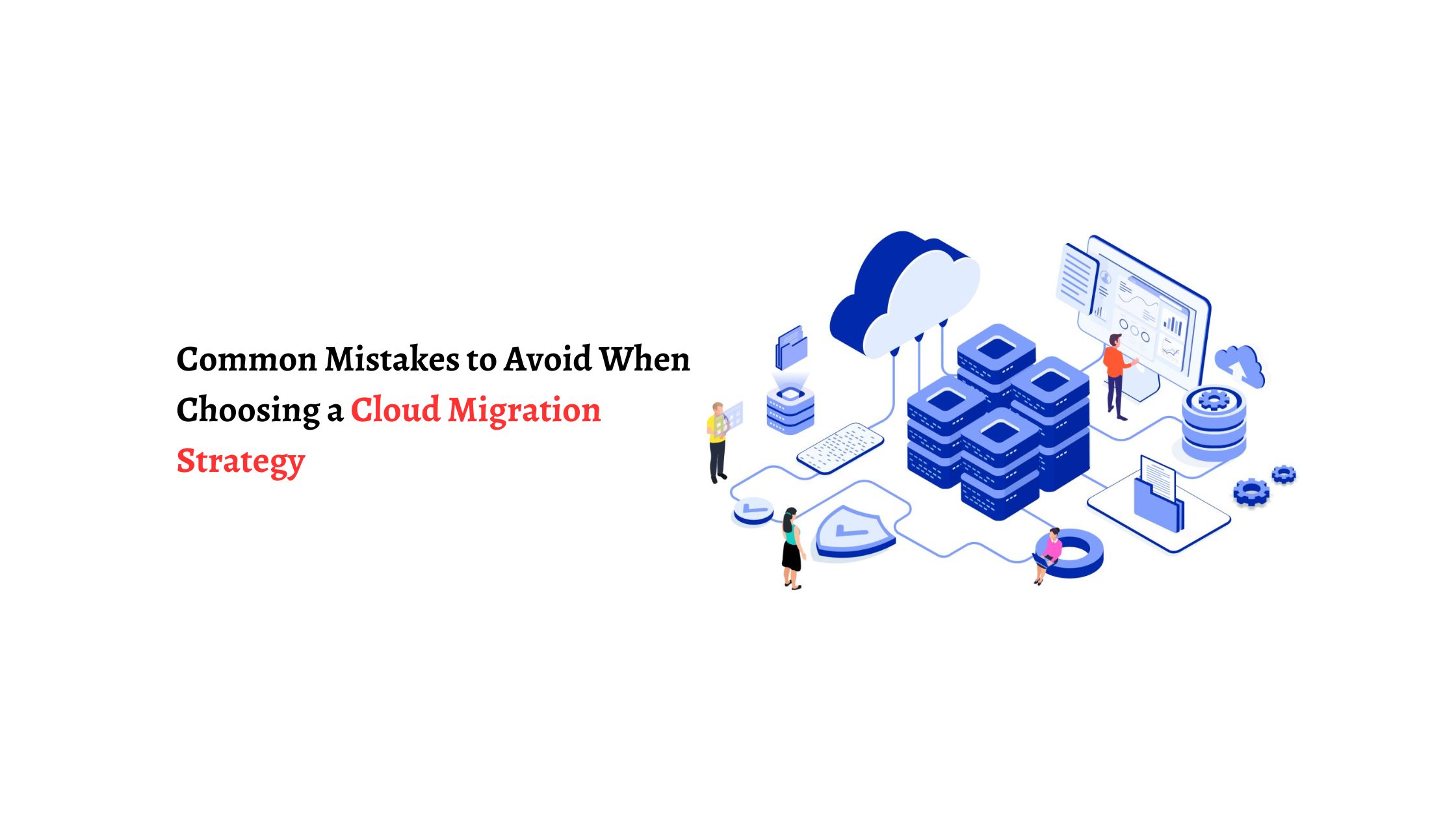How Data Modernization Helps in Data Quality Management
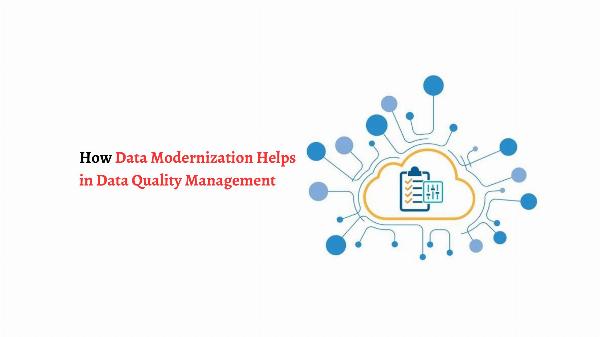
Data is the primary source of business operations. Businesses require secure, easily accessible, clean data to function smoothly. As technology advances rapidly, enterprises are opting for data modernization. You must hire a company offering data modernization services to ensure data quality management simultaneously. This brief will help you understand how data modernization helps manage data quality.
What is Data Quality Management?
Data quality management is a set of practices aimed at ensuring high-quality information. It covers data collecting, enhanced data processing, and effective data delivery. Effective DQM is recognized as fundamental to any consistent data analysis. Data quality is critical for obtaining actionable and correct insights from your data.
You can take numerous approaches to increasing the quality of your information. These processes are designed to be the "Swiss Army Knife" of data development, preparing your company to handle the difficulties of digital era data, wherever and whenever they arise.
How does Data Modernization ensure data Quality Management?
Data modernization is a long and intricate process. Let’s understand the role of data modernization in ensuring data quality management:
Improved Data Governance
Data modernization ensures data governance by integrating advanced frameworks and technologies that automate and improve data management policies, procedures, and standards. Modern data platforms include robust policy enforcement systems to ensure compliance with company norms and regulatory obligations. They provide extensive data lineage tracking, allowing companies to track the flow and transformation of data from its source to its final destination while maintaining transparency and accountability.
Advanced-Data Cleansing
Data modernization improves advanced data cleansing by adding advanced technologies and automated procedures to ensure data correctness and consistency. Modern data platforms use machine learning algorithms to automatically discover and fix errors such as duplicates, missing values, and outliers, decreasing the need for user involvement while enhancing accuracy. These systems also enable data enrichment, which involves supplementing existing data with additional pertinent information to create a more comprehensive dataset. Furthermore, they standardize data formatting across several sources, ensuring consistency and simplifying data integration and analysis.
Real-Time Data Processing
Data modernization integrates real-time data processing with advanced technologies such as stream processing frameworks (like Apache Kafka), in-memory computing (like Redis), and real-time analytics tools (like Google BigQuery). These technologies enable the immediate ingestion, processing, and analysis of data as it is generated, resulting in timely and actionable insights. Furthermore, event-driven architectures and scalable cloud platforms enable responsive processes and dynamic handling of massive data volumes. Real-time data validation procedures assure data accuracy and consistency, while connectivity with IoT devices enables immediate data gathering and analysis.
Also read Data Modernization: A Comprehensive Guide
Enhanced Data Integration
Data modernization improves data integration by leveraging new technology and processes that combine data from multiple sources into a single system. Modern platforms provide real-time data integration via APIs and ETL (Extract, Transform, Load) processes, ensuring that data from several departments, applications, and external sources is consistently formatted and easily accessible. This breaks data silos while improving data consistency throughout the enterprise. Furthermore, cloud-based solutions like Amazon S3 offer scalable storage and computational capability, allowing for the integration of vast and complicated datasets. These features provide a coherent picture of data, enhancing accessibility, reliability, and overall data quality, allowing for better-informed decisions.
Conclusion
Data Modernization can help effectively in data quality management. It makes data flow easier with smooth data integration. Data modernization improves security by complying data governance, data cleansing and making uniformity with data flow. Companies offering data modernization services can ensure data quality while maintaining data integrity.
Note: IndiBlogHub features both user-submitted and editorial content. We do not verify third-party contributions. Read our Disclaimer and Privacy Policyfor details.



